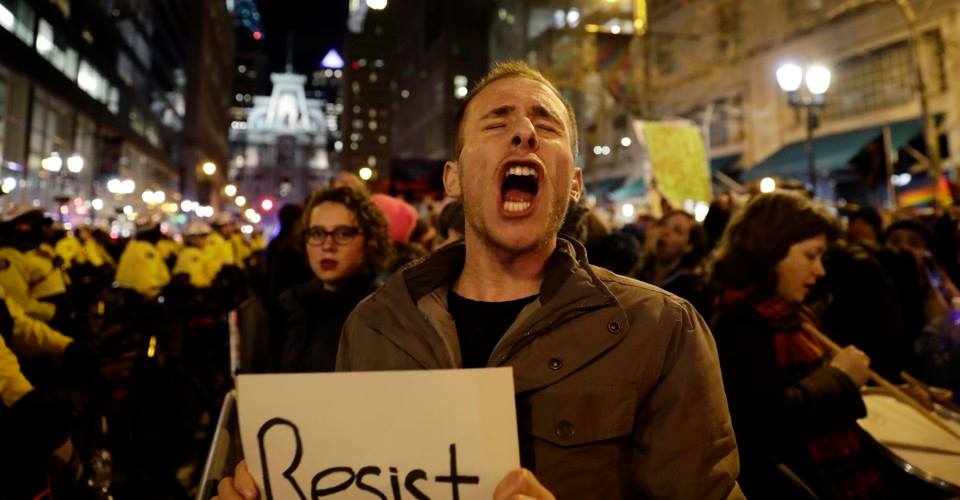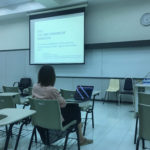This roundtable set out to explore whether, when and how music and sound can contribute to practices of (self) care that oppose bodily and mental exhaustion, and structural feelings of social disintegration.
Participants: Marko Kölbl (University of Music and Performing Arts Vienna), Evrim Hikmet Öğüt (Mimar Sinan Fine Arts University), Ana Hofman (Slovenian Academy of Sciences and Arts), Tom Western (University of Oxford)
This roundtable is organized in collaboration between Ana Hofman and Tom Western in order to explore whether, when and how music and sound can contribute to practices of (self) care that oppose bodily and mental exhaustion, and structural feelings of social disintegration. By musical care, we understand a wide range of sonic interventions into social space: from a role in supporting basic conditions and infrastructures of being alive, care of the body and wellbeing in a time of economic precarity, to the creation of new avenues of political action in atmospheres structured affectively by apathy, exhaustion, and foreclosure. Yet we do not see care and solidarity as simply a practice of “help” or support; rather, as complex sonic co-existences. We explore these issues in this roundtable through focus on structurally neglected or marginalized peoples in various geographical and socio-political contexts. The first case study takes the case of Afghan refugees in Austria, exploring how people use dance clubs to contest gendered and sexualized othering practices, and to create space for themselves that is otherwise denied. The second case shifts focus to Syrian street musicians in Istanbul—how emergent musical practices make claims on public space and create critical alternatives to a lack of structural care. The third contribution hears how Dalit youth in India use rebellious music gatherings as a strategy of coping with crisis and asserting agency against state-legitimized violence. The fourth case study focuses on how precariousness in post-Yugoslav cities open a space for leisure music activities that help people to live, persist, and resist vulnerability and uncertainty, and enable affective mobilizations for developing strategies of (self-)care. The final contribution centers on Athens, listening to musical socialities among refugee communities, and developing the idea of a sonic mobile commons in a situation of protracted displacement.


